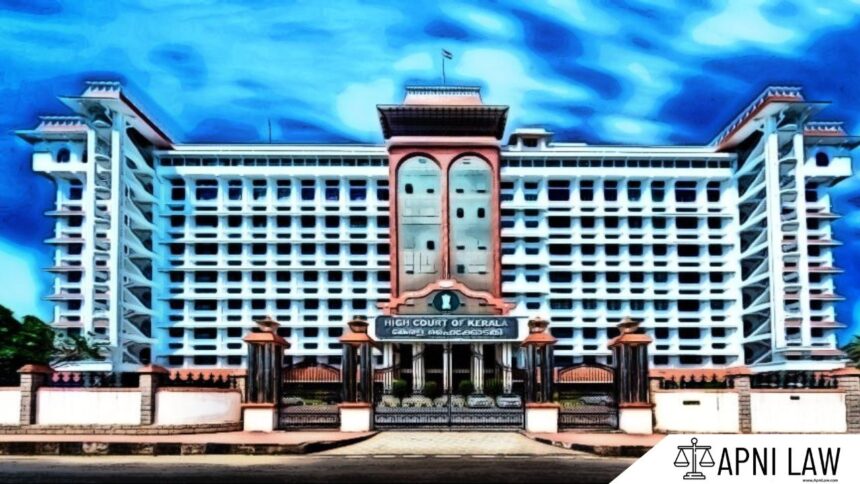The Kerala High Court ruled that Sections 3 and 4 of the Kerala Joint Hindu Family System (Abolition) Act, 1975, conflict with Section 6 of the Hindu Succession (Amendment) Act, 2005, and are therefore invalid. Justice Easwaran held that the 2005 amendment grants daughters coparcenary rights by birth, which the Kerala law fails to recognize. The Court stated that from 20.12.2004 onwards, daughters in Kerala have equal rights in ancestral property unless a partition occurred before that date. The Court rejected the argument that the State Act had precedence due to presidential assent. It relied on the Supreme Court’s Vineeta Sharma ruling, which affirmed daughters’ rights and nullified notional partitions. The Court clarified that a father cannot will away the entire ancestral property and must ensure equal inheritance. It emphasized that Parliament intended the Hindu Succession Act to govern both succession and joint family systems.
Prior judgments upholding the Kerala law were declared ineffective. The Court concluded that the 2005 amendment prevails over the Kerala Act. Thus, nsuring daughters’ equal property rights across India, including Kerala.








